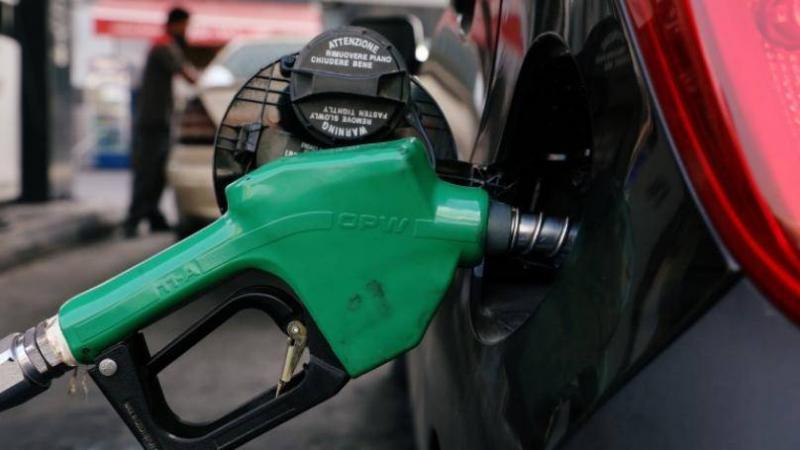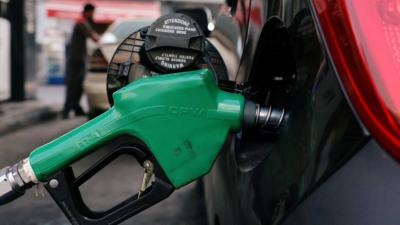Despite the complete lifting of fuel subsidies and the resolution of the delays and queues caused by the mechanism of securing subsidy funds, several fuel stations continue to close their doors without reassuring the union that gasoline stock is sufficiently available in the warehouses and that the importing companies are selling the product normally. What is the background of this concern? And will the country revert to scenes of queues?
Member of the Union of Fuel Station Owners George Barrax explains to "Al-Markazia" that "the main reason behind the closures is the delay in issuing the pricing schedule. After it is announced, importing companies adjust prices on their electronic systems, and the tankers then begin to load gasoline from the warehouses, with customs clearance being mandatory before moving to the stations... This process takes hours; without the schedule, accounting in the importing companies and their warehouses is halted, and tankers cannot move without issuing their invoices, which leads to loading commencing at around noon. By the time the goods are transported, the day is almost over, while the stock at several stations has run out since the previous day, waiting for new shipments to arrive, which forces them to roll up their hoses until they receive the product." He points out that "the solution is simply to issue the price schedule at seven in the morning," confirming that "there is no issue that leads to closure other than this. Currently, goods are available in all the warehouses, and there is no escalation."
Regarding the issue of the official pricing and the commission for station owners, who complain about suffering losses due to the difference in prices between purchase and sale to the final consumer caused by rapid fluctuations in the dollar exchange rate, along with their demand for a correction of their profit margin to cover operating costs, Barrax responds that "the matter is still under negotiation, and various proposals are being studied by the Ministry of Energy and Water," emphasizing that "the best solution is pricing in dollars or completely deregulating the price without issuing a price schedule and opening the door to competition among companies."
As for the future of fuel prices after lifting subsidies, he sees that "there is no ceiling for them as they are linked to the exchange rate of the dollar in the black market, which has no ceiling. From now on, it is impossible to predict the fate of prices as they are affected by the dollar," noting that "despite the decline in gasoline prices in global markets, and in reality, today’s price schedule reflects this decrease, it is counterbalanced by a rise in the local dollar price, resulting in an increase of 15,000 Lebanese pounds in the price of a 95-octane gasoline canister and 16,000 pounds for 98-octane."




